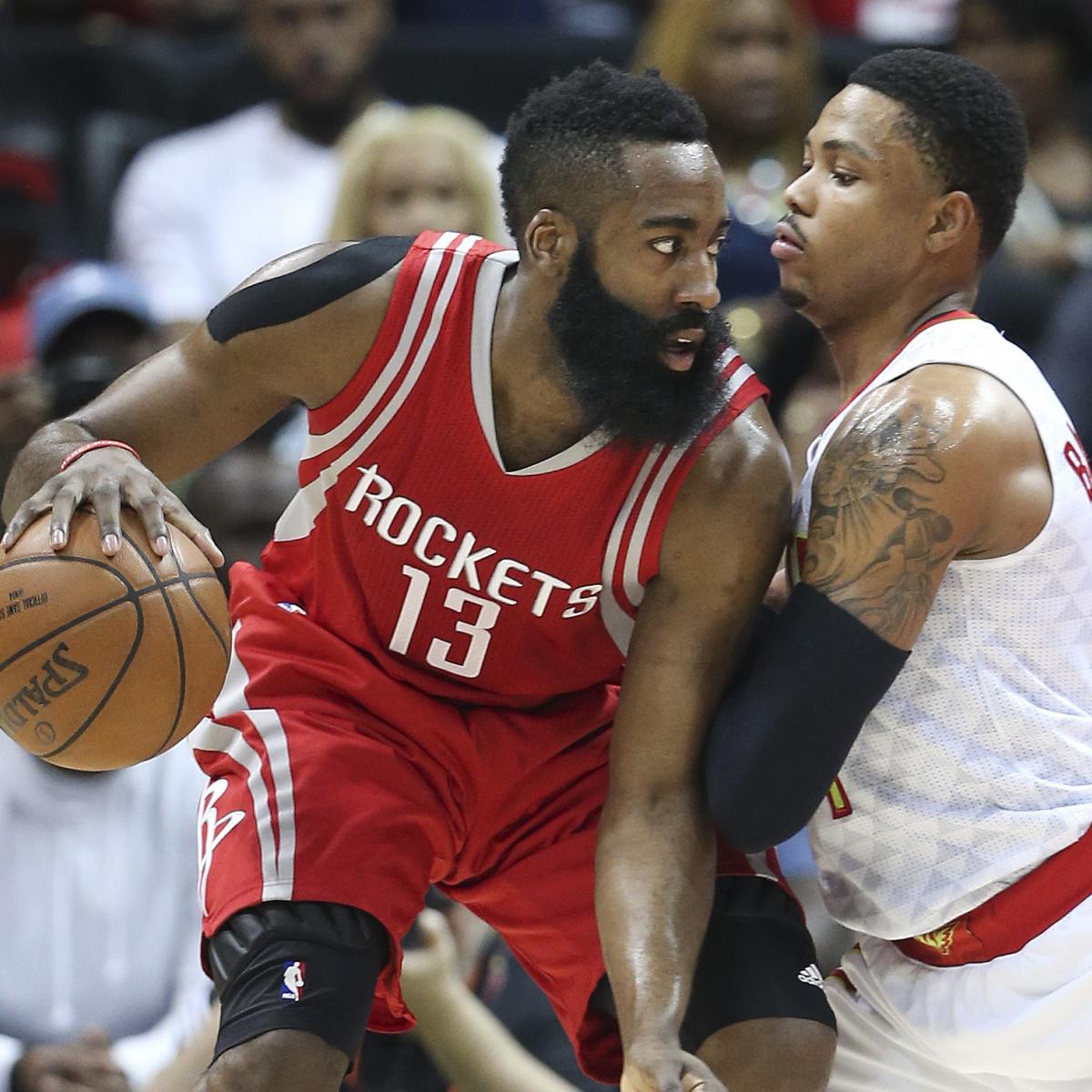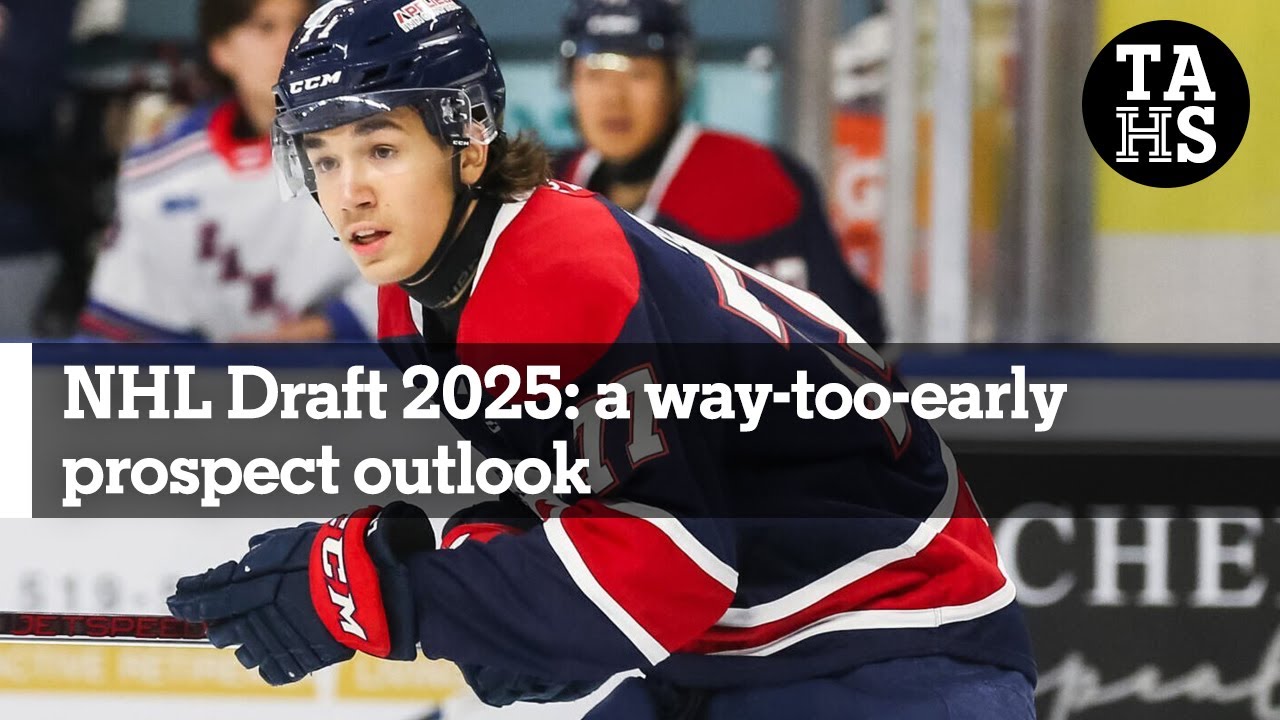One Key Factor Hindering Top NBA Contenders

Table of Contents
The Impact of Consistent Role Player Performance
Beyond the dazzling superstars, the backbone of any championship-caliber team lies in the consistent performance of its role players. These are the players who fill in the gaps, execute their roles reliably, and provide crucial support to the star players. Their contributions are often overlooked, but their impact is undeniable.
- Examples of Success: The Golden State Warriors dynasty, for instance, relied heavily on the consistent contributions of players like Draymond Green and Klay Thompson, who provided reliable scoring, defense, and playmaking alongside Stephen Curry. Similarly, the San Antonio Spurs' success under Gregg Popovich was built on a deep roster of dependable role players.
- Examples of Struggle: Conversely, teams that suffer from inconsistent role player performances often find themselves struggling, even with star-studded lineups. Injuries to key role players can exacerbate this problem. A team might have a fantastic starting five, but inconsistent bench production can be a major liability in a long and grueling season.
- Statistical Significance: Statistical analysis consistently shows a strong correlation between role player consistency (measured by metrics like +/- differential, shooting percentages from various ranges, and defensive efficiency) and overall team success. Teams with high levels of role player consistency tend to have better win-loss records and perform better in high-pressure situations.
- Injury Impact: Injuries to role players significantly disrupt team chemistry and strategy. Teams with deep, dependable rosters are better equipped to handle these disruptions. The ability to seamlessly integrate replacements and maintain performance levels showcases the importance of consistent role player development and depth.
The Mental Game: Resilience and Adaptability Under Pressure
The NBA playoffs are a pressure cooker. The stakes are high, the spotlight is intense, and even the most talented players can crumble under the weight of expectation. Mental toughness, resilience, and adaptability under pressure are often the deciding factors in close games and series.
- Examples of Mental Fortitude: Teams like the 2016 Cleveland Cavaliers, despite facing a 3-1 deficit against the Golden State Warriors, displayed remarkable mental toughness to mount a comeback and secure the championship. Their resilience in the face of adversity is a testament to their mental strength.
- Examples of Choking: Conversely, teams that exhibit a lack of mental fortitude often succumb to pressure, making crucial mistakes at critical moments. This “choking” under pressure can derail even the most talented teams.
- Coaching's Role: Coaches play a vital role in fostering mental resilience within their teams. Effective coaching strategies and motivational techniques can significantly impact the team's psychological preparedness for high-pressure situations.
- Experience Matters: Experience in playoff situations is invaluable. Players who have navigated the intensity of previous playoffs are better equipped to handle the pressure of subsequent seasons.
Strategic Coaching and Adaptability to Opponent Strategies
A great coach isn't just about X's and O's; it's about adaptability. The ability to adjust game plans, exploit opponent weaknesses, and counter their strategies is crucial for success.
- Tactical Brilliance: Coaches like Gregg Popovich have long been lauded for their tactical brilliance and ability to adjust their strategies based on opponent tendencies and game flow. Their meticulous preparation and in-game adjustments often make the difference between winning and losing.
- In-Game Adjustments: Analyzing in-game adjustments that led to crucial wins or devastating losses reveals how vital adaptable coaching is to overcoming challenges. These tactical decisions often showcase a coach's understanding of the game and his players' strengths and weaknesses.
- Opponent Scouting and Preparation: Thorough scouting and preparation are critical to understanding an opponent's strengths and weaknesses. This knowledge allows coaches to craft game plans that exploit vulnerabilities and neutralize threats.
- Impact of Coaching Changes: Coaching changes can have a significant impact on team performance. A new coach can bring fresh perspectives, new strategies, and improved team dynamics, leading to a considerable shift in the team's trajectory.
Integration of New Players and Chemistry
Successfully integrating new players into an existing team dynamic is a crucial challenge. It's not simply about adding talent; it's about fostering cohesion, chemistry, and trust.
- Successful Integrations: Teams that successfully integrate new players often demonstrate a commitment to team-building exercises, fostering open communication, and creating a supportive environment.
- Unsuccessful Integrations: On the other hand, teams that struggle with integrating new players often experience friction, lack of chemistry, and disrupted performance. This often stems from poor front office management of the team's roster and dynamics.
- Player Personalities and Team Chemistry: Player personalities and team chemistry significantly impact overall performance. A cohesive team with strong bonds is more likely to overcome challenges and perform at a high level.
- Front Office Influence: The front office plays a key role in shaping team dynamics by carefully selecting players who are compatible with the team's culture and existing roster.
Unveiling the Key Factor Hindering Top NBA Contenders
In summary, several interconnected factors hinder top NBA contenders: consistent role player performance, mental fortitude, and adaptable coaching. While all are critical, the most significant factor often lies in the consistent performance of role players. A team's success hinges not only on superstar talent but also on the reliable contributions of those around them. Their consistency directly impacts overall team performance, allowing star players to flourish and creating a more resilient and adaptable team.
Identify the key factor hindering your favorite team. Analyze how consistent role player performance impacts your team's chances, and explore the mental game and strategic coaching aspects. Join the discussion – which factor do you believe is the biggest obstacle to NBA championship contention?

Featured Posts
-
 Analyzing The 2025 Nhl Draft Lottery Implications For The Utah Hockey Club
May 15, 2025
Analyzing The 2025 Nhl Draft Lottery Implications For The Utah Hockey Club
May 15, 2025 -
 Israel Launches Airstrike Targeting Hamas Sinwar In Gaza
May 15, 2025
Israel Launches Airstrike Targeting Hamas Sinwar In Gaza
May 15, 2025 -
 Turtsiya Vyvedet Voyska S Kipra Diskussiya Na Haqqin Az Prodolzhaetsya
May 15, 2025
Turtsiya Vyvedet Voyska S Kipra Diskussiya Na Haqqin Az Prodolzhaetsya
May 15, 2025 -
 Tampa Bey Pobezhdaet Floridu Kucherov Vedyot Komandu K Uspekhu V N Kh L
May 15, 2025
Tampa Bey Pobezhdaet Floridu Kucherov Vedyot Komandu K Uspekhu V N Kh L
May 15, 2025 -
 Andor Season 1 Where To Watch Before Season 2
May 15, 2025
Andor Season 1 Where To Watch Before Season 2
May 15, 2025
